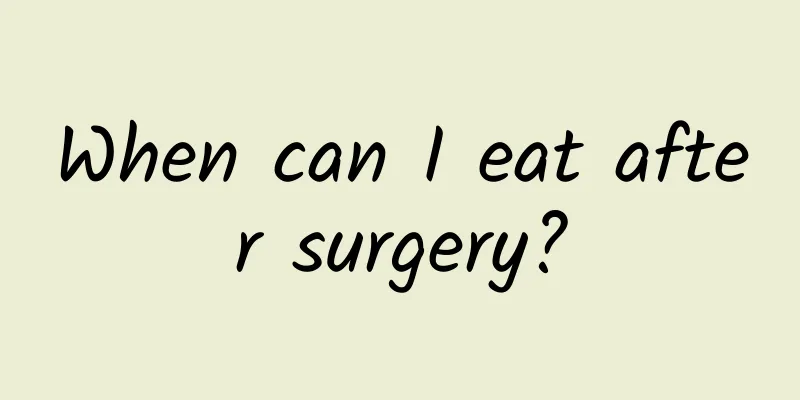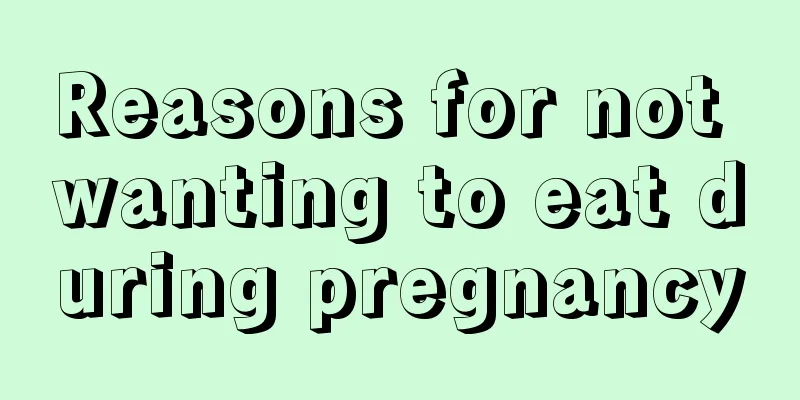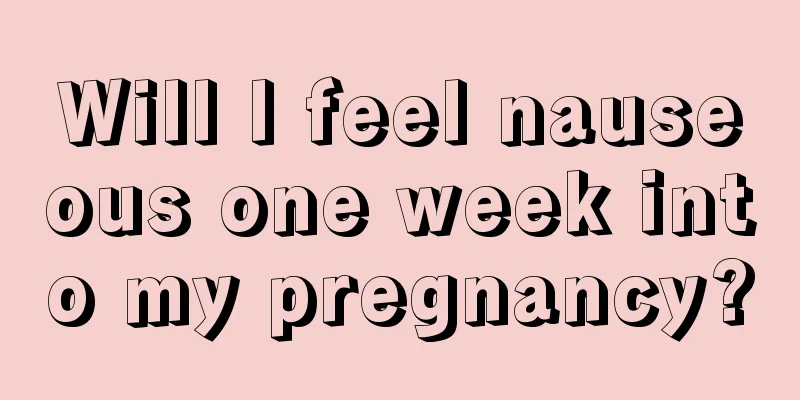When can I eat after surgery?

|
"Doctor, I haven't eaten for a day. It took me a long time to eat. I'm very hungry." This is a conversation between Aunt Wang and the anesthesia nurse in the recovery room after the operation. It is also a common problem faced by operating room staff. So when can you eat and drink after the operation? Let's find out together! For different types of surgery and different anesthesia methods, there are different fasting times after surgery, which also leads to different times for drinking water and eating after surgery. 1. Local anesthesia or nerve block For simple local anesthesia or nerve block anesthesia, if there is no nausea, vomiting, dizziness, chest tightness, shortness of breath and other discomfort during and after the operation, and you can cough normally, you can eat after the operation. 2. Spinal Anesthesia In layman's terms, it is what we call "partial anesthesia", also known as anesthesia injected in the back, including spinal anesthesia, epidural anesthesia and Combined spinal-epidural anesthesia. After this type of surgery, patients can eat moderate amounts of food after intestinal ventilation (usually refers to farting, but can also refer to the lower limbs being able to move properly, or being able to urinate and defecate on their own). Generally, they can eat high-protein, high-calorie, vitamin-rich, easily digestible and absorbable liquid or semi-liquid diets, and gradually transition to normal food. It is not advisable to eat sweets or foods that are easy to produce gas to avoid causing abdominal distension. 3. General Anesthesia What we usually call general anesthesia includes intubation anesthesia and intravenous anesthesia. Intravenous general anesthesia is often used for painless examinations. Except for some invasive gastrointestinal treatments, you need to drink a small amount of water or eat liquid food after the anesthetic effect disappears completely (usually refers to clear consciousness, being able to answer questions fluently, being able to cough and expectorate actively, being able to move the limbs consciously at will, and not feeling dizzy, nausea, or vomiting). This process usually takes about 2 hours. The main reason is that within 2 hours of the mechanical stimulation of the gastroscope, the gastrointestinal mucosa will be in a state of congestion. If you eat too early or eat hard, difficult to digest, spicy and irritating food, the congestion of the gastrointestinal lining will be more serious, which may cause damage to the gastrointestinal tract. Intubation anesthesia is often used in surgical treatment. Patients undergoing oropharyngeal, esophageal, gastrointestinal and other digestive tract surgeries must follow the doctor's orders carefully and can only eat after the ward doctor in charge agrees to eat. Do not eat or drink water without permission to avoid discomfort such as abdominal distension and intestinal obstruction, or even the risk of reflux aspiration and worsening of the condition. In addition, patients can drink a small amount of water or eat liquid food after they are fully awake after surgery. However, it is important to note that patients who drink water or eat after general anesthesia must be careful not to cough, especially to avoid food choking into the airway. Eat small meals as much as possible, eat a little each time, eat when you are hungry, and gradually increase the amount of food. What are the benefits of early feeding? 1. Promote gastrointestinal motility: Eating early after elective surgery can effectively stimulate gastric acid secretion, promote the recovery of intestinal motility, help maintain intestinal mucosal function, and prevent dysbacteriosis and ectopic flora. 2. Prevent and treat intestinal paralysis and adhesion: Help the intestinal function to recover, so that the abdominal wall veins can flow smoothly, the blood circulation in the wound is better, the postoperative absorption heat is reduced, and intestinal paralysis and adhesion are prevented. 3. Relieve vomiting: Eating early after surgery will not increase the incidence of nausea and vomiting in patients. On the contrary, it can reduce vomiting caused by hypervagal reflex and inflammatory response during abdominal surgery. 4. Shorten the time to get out of bed: Once the patient resumes ventilation, the liquid diet can be switched to a semi-liquid diet, and the intake can be gradually increased according to gastrointestinal tolerance; when the oral energy intake is less than 60% of the normal amount, oral enteral nutrition auxiliary preparations should be encouraged, and oral auxiliary nutrition can continue after discharge; it can shorten the patient's first time getting out of bed, reduce dizziness, fatigue and other discomforts after getting out of bed, and reduce the risk of deep vein thrombosis. 5. It can reduce the incidence of postoperative infection and shorten the postoperative hospital stay. Deng Yang, Department of Anesthesiology, Nanchong Psychosomatic Hospital [Warm Tips] Follow us, there are a lot of professional medical knowledge here, revealing the secrets of surgical anesthesia for you~ |
<<: Cooperation and postoperative care for children with prepuce hyperplasia
Recommend
Can I eat prawns during menstruation?
Many female friends have always been very healthy...
After abortion, the amount of black menstruation is small
Abortion is a way to terminate pregnancy and also...
How to regulate women's qi and blood deficiency?
Nowadays, many women are overworked and do not pa...
Can holding urine really shrink the vagina?
Long-term sexual intercourse or normal childbirth...
How many days after cystocyst transfer implantation
When there are many cases of infertility between ...
What are the symptoms of the female period?
"Plumping" is a folk idiom, which refer...
Cervical cyst picture
Compared with other types of gynecological diseas...
The "best remedy" for long-term sitting has been released: 22 minutes of this exercise can offset the damage caused by a day of sitting!
Sitting for a long time has become a normal part ...
How long should I take vitamin E to maintain pregnancy?
Many pregnant women need to pay attention to thei...
What will happen if you get caught in the rain during confinement?
After a woman has given birth or had a miscarriag...
What causes uterine cysts?
Because of family planning, many women will take ...
How to treat irregular menstrual cycle
Nowadays, many women are under great pressure, an...
A small amount of brown bleeding during non-menstrual period
Vaginal bleeding in many people does not occur du...
What is post-contrast bleeding?
We all know that with the continuous progress of ...
The solution to sagging breasts at the age of 19
Sagging breasts at the age of 19 will be very dis...









